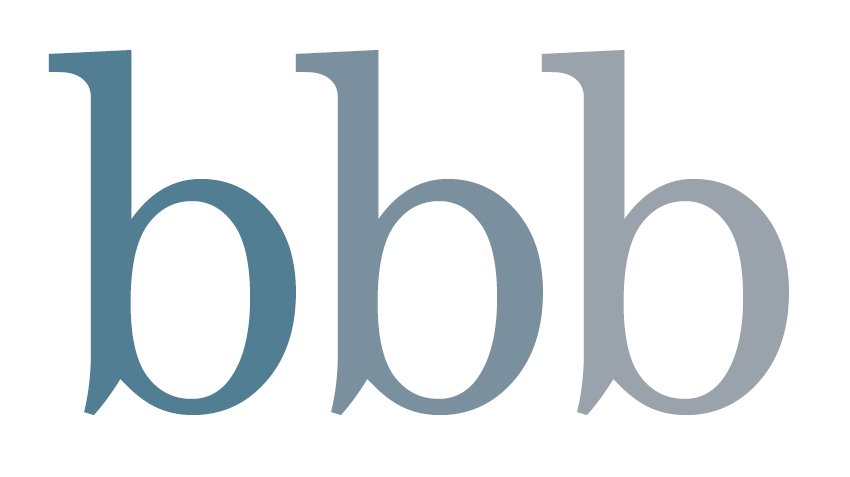FOR PARENTS
What is postpartum depression?
80% of mothers experience the “baby blues” after giving birth. Some women experience a more severe form of depression and anxiety known as postpartum depression, a mood disorder affecting women within the first year after giving birth. It can strike any woman after delivery. Unlike the more common, milder, “baby blues” PPD symptoms can include depression, anxiety, and less commonly, postpartum psychosis. While the exact causes of PPD are unknown, the sudden hormonal changes during and after pregnancy, along with the major psychological and lifestyle adjustment for mothers, most likely contribute to the change in a woman’s mood.
Symptoms
Frequent feelings of sadness and crying spells
Anxious or panicky thoughts
Excessive guilt and shame
A sense of hopelessness and worthlessness
Extreme concern for OR a lack of interest in her baby
Excessive worry about her adequacy as a mother
Difficulty with sleeping and/or eating
Fear of harming herself or her baby
Thoughts of suicide and death
If you are experiencing one or more of these symptoms you may be suffering from postpartum depression.
YOU ARE NOT ALONE
Women of every culture, age, income level and ethnicity can develop a perinatal mood disorder. 15- 20% of women experience significant symptoms of depression or anxiety during pregnancy and/or the first 12 months after giving birth. You are not to blame, it is not your fault.
FIRST STEPS
Most women come to us through referrals from their physicians, individual therapists, doulas, or the NorthShore University Health Systems postpartum depression crisis hotline. Some women find us on their own.
If you are interested in learning about the BBB groups, you can call or email us. We will contact you to set up a meeting where we will learn a little about you, tell you about the group, and find out what you hope to get out of it. Together we will figure out if the group will be the appropriate next step for you.
Emergencies
Any woman or her family member who is concerned that she might harm herself or her baby should immediately call 911 or go to the nearest emergency room.
